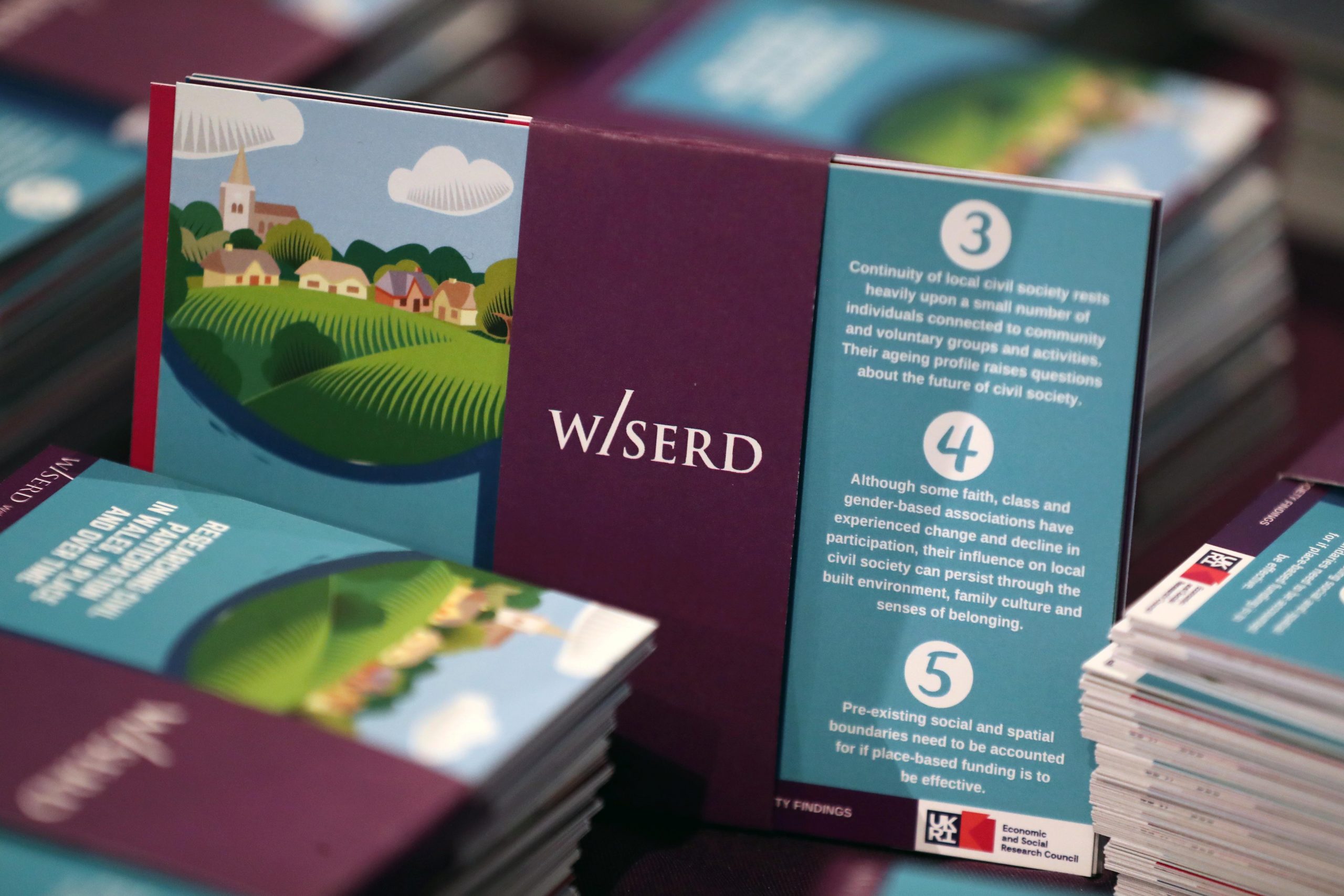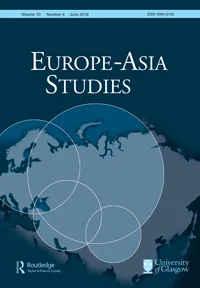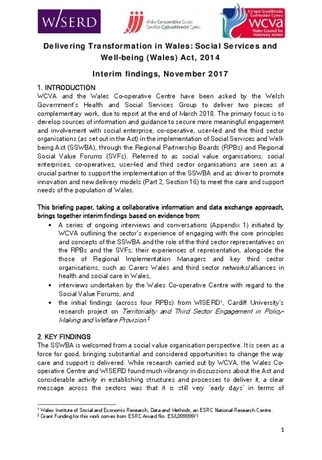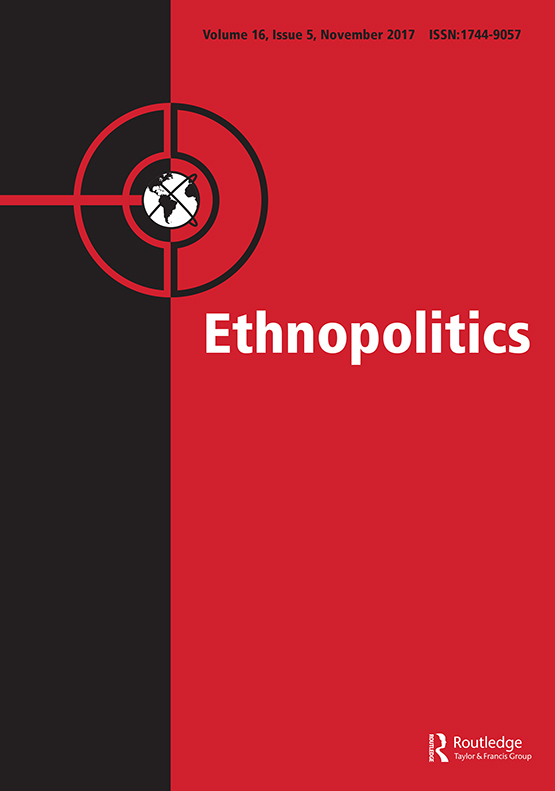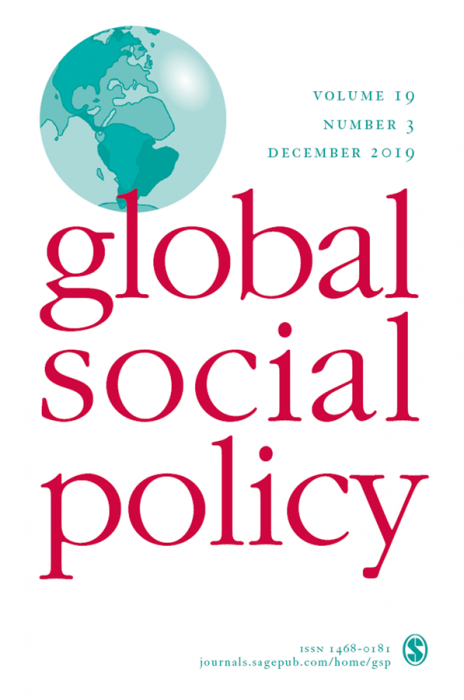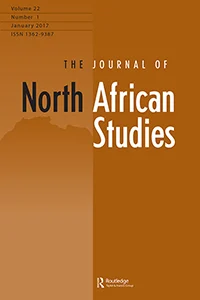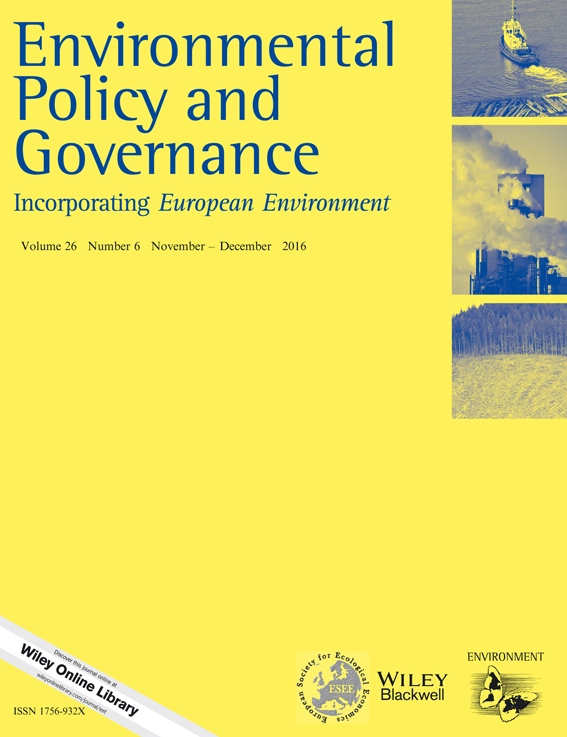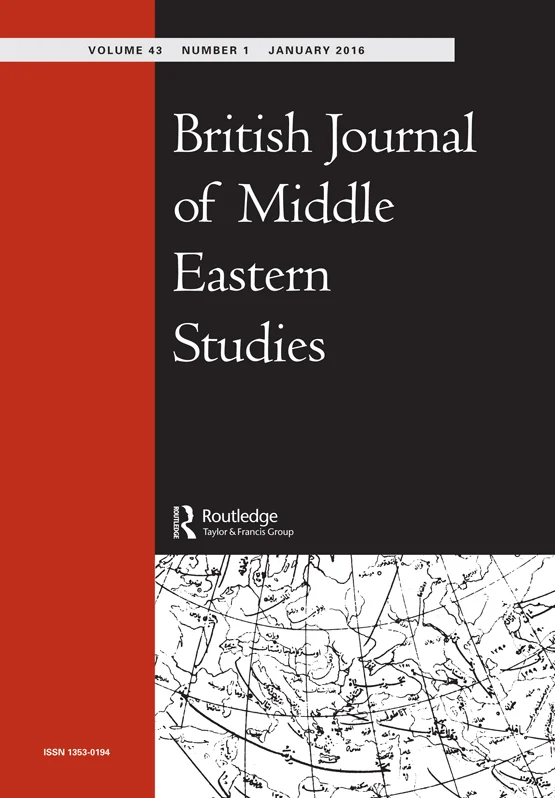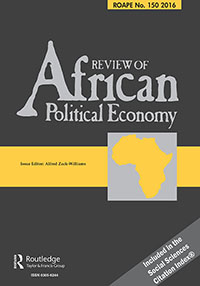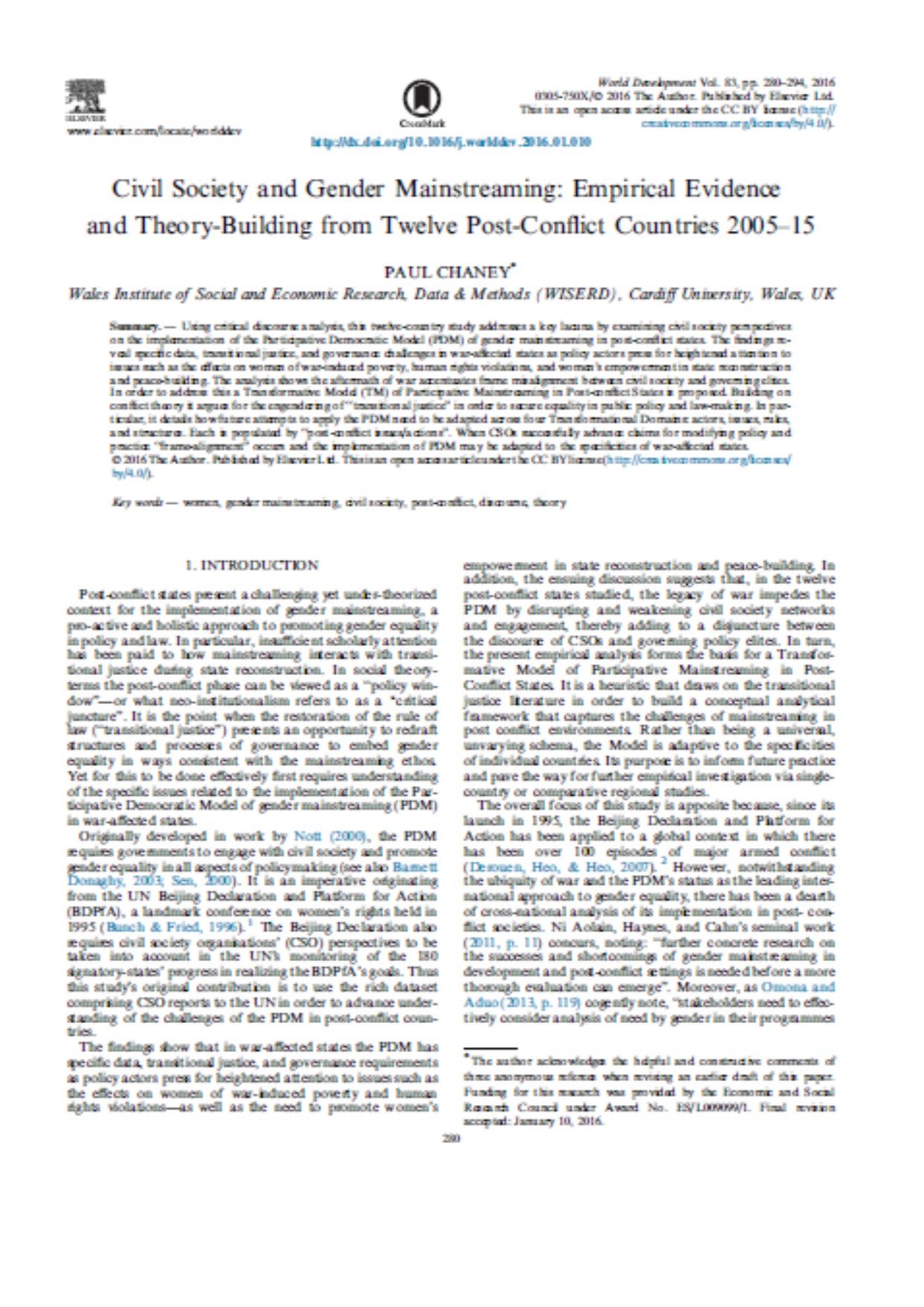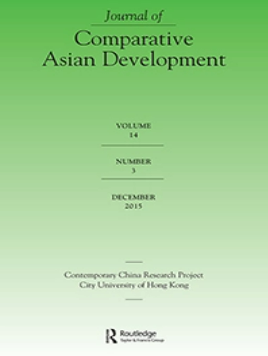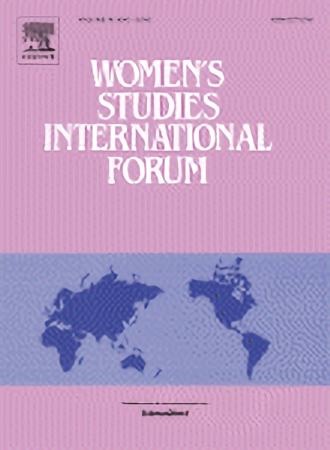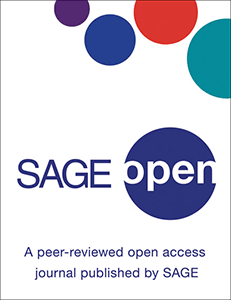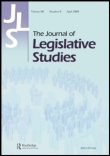Mae'r cynnwys hwn ar gael yn Saesneg yn unig.
This project has three components. The first two combine archive work, case studies and interviews to investigate how the territorial administration of the third sector in Wales has changed over the post-war period in response to shifting patterns and processes of governance – and how this has affected the way third sector organizations shape and deliver welfare. The third component explores civil society’s role in advancing human rights in Europe, Asia and Africa.
Study Component One – Exploring the Territorial Administration of the Third Sector in Wales (1935- Present)
This historical research examines change in response to shifting patterns and processes of governance in the UK. Archive Work will explore the developing national Welsh policy context and will comprise: archive work (e.g. analysis of organizational records, minutes and proceedings, Records of the National Library for Wales, Welsh Office; National Assembly for Wales Official Record, etc.); elite interviews with key policy-makers and officials associated with the management/ policy-related to the sector in Wales over past decades.
Study Component Two – A Critical Examination of Third Sector Organizations’ Contemporary Role in Welfare Delivery
This strand of the research focuses on the implementation of the Social Services and Well Being (Wales) Act (2014), (SSWB). Effective since April 2016, this Welsh enactment is specific in requiring local authorities to promote the development of third sector organisations (TSOs) to provide care and support and preventative services. Thus, it makes explicit the role of the third sector in both the planning of services (Part 9), and in the development of new social welfare delivery models (Section 16). In contrast, the equivalent English Act (Section 5) talks about ‘Promoting diversity and quality in provision of services’. It does so with reference to ‘markets’ (‘A local authority must promote the efficient and effective operation of a market in services for meeting care and support needs with a view to ensuring that any person in its area wishing to access services in the market— (a) has a variety of providers to choose from who (taken together) provide a variety of services’). Whilst this does not exclude third sector provision – it is more aligned with neo-liberalism and contracting to the private sector.
Our research investigates the distinctive Welsh policy context and how the SSWBA Act is being implemented and its effects on the relationships between the statutory agencies and third sector organisations. It is concerned with understanding the experiences and perspectives of third sector practitioners and policy-makers. The research design is based on case studies of 4 different regions in Wales. The data gathering includes: a raft of in-depth semi-structured interviews with third sector representatives, regional development staff and local authority officers – as well as representatives of national third sector organizations and policy actors. This is complemented by document analysis and participant observation of relevant third sector meetings. A summary of the project’s emerging findings can be found in the Ministerial Briefing Paper ‘Delivering Transformation in Wales: Social Services and Well-being (Wales) Act, 2014’ (downloadable from ‘Publications’ – below).
Component Three – A Critical Exploration of Civil Society’s Role in Advancing Human Rights in Europe, Asia and Africa
This aspect of the work-package uses secondary data analysis to examine civil society organizations’ (CSOs’) role in promoting human rights in the delivery of social welfare and other areas of public policy. It uses discourse analysis to examine CSOs’ critical views of state practices, as submitted to the United Nations Universal Periodic Review. International comparative analysis charts the issues, progress and challenges across a broad range of countries in Europe, Asia and Africa. The findings are detailed in 12 international journal papers (see publications – below).




